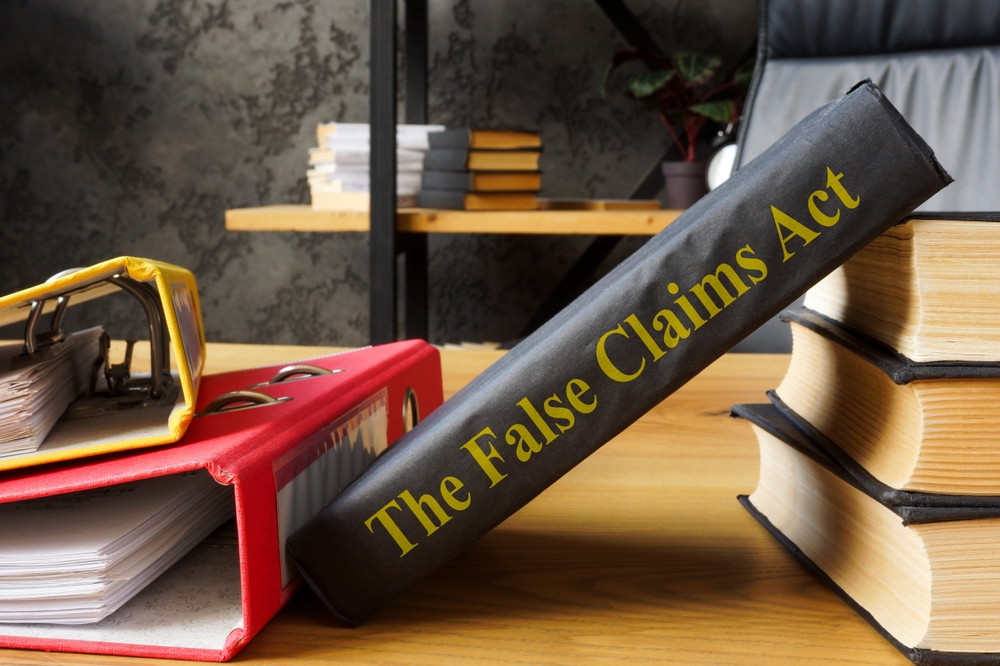Since the release of Executive Order 14173: Ending Illegal Discrimination and Restoring Merit-Based Opportunity on January 21, 2025, there has been a lot of discussion about how it might affect federal contractors and grant recipients. Many are concerned that it could lead to more False Claims Act (FCA) lawsuits against organizations that run Diversity, Equity, and Inclusion (DEI) programs. While some believe there will be a big increase in FCA cases, the reality is less certain. However, contractors should still be aware of potential risks and take steps to protect themselves.
Understanding Executive Order 14173
This executive order cancels several older executive orders that supported affirmative action and DEI policies. Instead, it requires federal agencies to include two new rules in contracts and grant agreements:
Contractors and grant recipients must certify that they do not run DEI programs that break federal anti-discrimination laws.
Compliance with federal anti-discrimination laws is now considered important enough that breaking them could lead to False Claims Act violations.
Key Risks Under the False Claims Act
The False Claims Act is a law designed to prevent fraud against the federal government. It allows both the Department of Justice and private whistleblowers to sue organizations that submit false claims for payment. Under the executive order’s certification rule, an organization could face penalties if:
- It certifies compliance but continues to run DEI programs that the government later decides are not legal.
- It unknowingly violates the certification because the definition of “illegal DEI” is unclear.
- A whistleblower claims noncompliance, triggering a lawsuit that could result in large financial penalties.
What This Means for Contractors and Grantees
The executive order does not immediately change existing federal contracts. Contractors have until April 21, 2025, to review their programs and determine if any changes are needed.
Agencies will need to take additional steps to apply the new rules to existing contracts. This process takes time, and contractors may not see immediate changes after April 21.
The executive order does not clearly define what makes a DEI program “illegal.” Many DEI programs were created in compliance with existing laws, and contractors now have to review their policies to ensure they meet new expectations before certifying compliance.
The Department of Justice is expected to increase enforcement of the new policies. On February 5, 2025, the new Attorney General issued a directive prioritizing investigations of DEI-related practices in the private sector and among organizations that receive federal funds.
Some agencies have indicated they may not enforce existing DEI contract terms. On January 23, 2025, the General Services Administration (GSA) announced that it will temporarily stop enforcing DEI-related contract clauses until further guidance is provided.
How Contractors Can Protect Themselves
- Communicate with agencies to clarify certification requirements before submitting any statements.
- Conduct an internal review of DEI policies, training materials, and programs to ensure compliance with anti-discrimination laws.
- Avoid submitting certifications until clear agency guidance is available.
- Limit who within the organization has the authority to sign certifications to reduce the risk of errors.
- Provide training to key employees on the risks and requirements of the executive order.
- Keep detailed records of compliance efforts, policy updates, and legal reviews to support future defenses.
- Consult with legal counsel to navigate the changing legal landscape before certifying compliance.
Takeaways
Enforcement priorities are shifting, and contractors need to be cautious. While Executive Order 14173 does not immediately change existing laws, future enforcement actions and agency rules could increase legal risks. Until there is more clarity, contractors should avoid certifying compliance too soon, conduct internal policy reviews, and document DEI-related decisions carefully.
Ellis Carter is a nonprofit lawyer with Caritas Law Group, P.C. licensed to practice in Washington and Arizona. Ellis advises nonprofit and socially responsible businesses on federal tax and fundraising regulations nationwide. Ellis also advises donors concerning major gifts. To schedule a consultation with Ellis, call 602-456-0071 or email us through our contact form.

